LAKELAND, N.Y. — When Lakeland Central School District Superintendent Dr. Karen Gagliardi announced her retirement, many in the community were puzzled. Parents, including those who had known her as a principal at Thomas Jefferson Elementary School, wondered why she was stepping down when she had been viewed as a dedicated leader.
The answer came quickly. Just days later, the Yorktown News reported that Gagliardi had been rehired by the Lakeland Board of Education to serve another three-year term as superintendent.
A Surprise Rehiring
On August 14, the Board of Education unanimously voted to bring Gagliardi back. Board President Becky Burfeind praised the move, saying the district was “fortunate to have a superintendent of schools who cares deeply about the school community and the education of our children.”
Burfeind explained that Gagliardi’s brief retirement allowed her to secure family benefits under a provision in the 2025–26 state budget. She also emphasized that Gagliardi agreed to return at a significantly reduced salary for the full three-year term.
“The total savings for the district accumulates to approximately $400,000 over the next three years,” Burfeind said. “This is simply a business decision that makes sense, both for the district from a fiduciary perspective and for Dr. Gagliardi.”
Critics Raise Concerns
Despite the board’s assurances, many residents saw the move as an example of “double-dipping” — the practice of retiring to collect a pension, then returning to the same job with an additional salary.
A watchdog group called Lakeland RISE voiced strong opposition. In a public statement, the group called the arrangement a misuse of taxpayer dollars and a loophole that erodes trust in school governance.
Lakeland resident Tracy Sadler Hormazabal, who previously ran for the school board, echoed the criticism. “By rehiring a retiree, the board has also shut the door on fresh leadership and new perspectives that could strengthen our schools,” she said. “Instead, we’re told to accept business as usual — even if it means wasting public dollars and eroding community trust.”
Calls for Transparency
Lakeland RISE co-founder Jessica Mayes added that while the district may save some money, the larger burden ultimately falls on taxpayers. “At the end of the day, Gagliardi is going to get paid substantially more for doing the same job,” she told the Yonkers Times. “Unless her contract is designed to be cost-neutral, this is a net cost to the public.”
The group has called on the district to immediately release Gagliardi’s new contract. They filed a Freedom of Information Law (FOIL) request, but the district has yet to provide details.
A Broader Issue in New York
This debate extends well beyond Lakeland. According to experts at Empire Center, a nonprofit think tank monitoring state spending, loopholes in New York’s pension law make cases like Gagliardi’s possible.
Under Section 211 of the Retirement and Social Security Law, retirees are generally restricted from returning to the same or a similar job unless granted a special waiver. These waivers cap income at $35,000 per year, unless exceptions are approved.
But in recent years, lawmakers temporarily suspended the cap for school district employees, citing teacher shortages. This exemption, currently extended through June 30, 2027, applies to both teachers and administrators — and has opened the door for high-salaried superintendents to retire and return without restrictions.
Critics argue this practice not only inflates costs but also blocks opportunities for younger professionals seeking advancement in education leadership.
Examples Across the State
The controversy in Lakeland is not unique. Other school districts have faced similar scrutiny:
-
In 2013, Rye Brook Superintendent William Stark retired to collect a $200,000 annual pension while simultaneously drawing a $285,000 salary.
-
In 2021, Harrison Superintendent Lou Wool, among the highest-paid in New York, reportedly collected more than $700,000 in a single year from combined salary, pension, and unused leave.
-
And in 2025, Gagliardi briefly retired for just two days before being reinstated in the same role.
Opponents say these cases illustrate a systemic issue in New York’s education system — one that undermines public trust and fiscal responsibility.
Reform Proposals
Lakeland RISE and other advocacy groups are now calling on lawmakers to reinstate stricter controls on rehires and pensions. Their proposals include:
-
Restoring the waiver process that requires public agencies to seek approval before rehiring retirees.
-
Extending the waiting period before a retiree can return to the same district from one day to at least one year.
-
Mandating transparency, requiring districts to publicly disclose all hiring decisions and compensation packages involving retired personnel.
“These reforms aren’t partisan,” Lakeland RISE stated. “They’re about good governance and ensuring taxpayer money is used fairly and responsibly.”
Supporters Defend the Decision
While critics remain vocal, some community members defend the board’s choice, pointing to Gagliardi’s long career and familiarity with the district. Gagliardi has worked in Lakeland since 2003 and has served as superintendent since 2021, when she replaced the previous superintendent after a controversial dismissal.
Supporters argue that her continuity provides stability during a challenging period for schools dealing with budget pressures, teacher shortages, and student performance concerns.
What’s Next
For now, the biggest unanswered question is Gagliardi’s salary under her new contract. Without official numbers, residents remain divided over whether the rehiring represents a prudent cost-saving measure or a misuse of public funds.
What is clear is that Lakeland has become the latest flashpoint in a statewide debate over double-dipping, pensions, and transparency in education spending. With the exemption law in place until at least 2027, more districts may follow suit — unless lawmakers act to close the loophole.





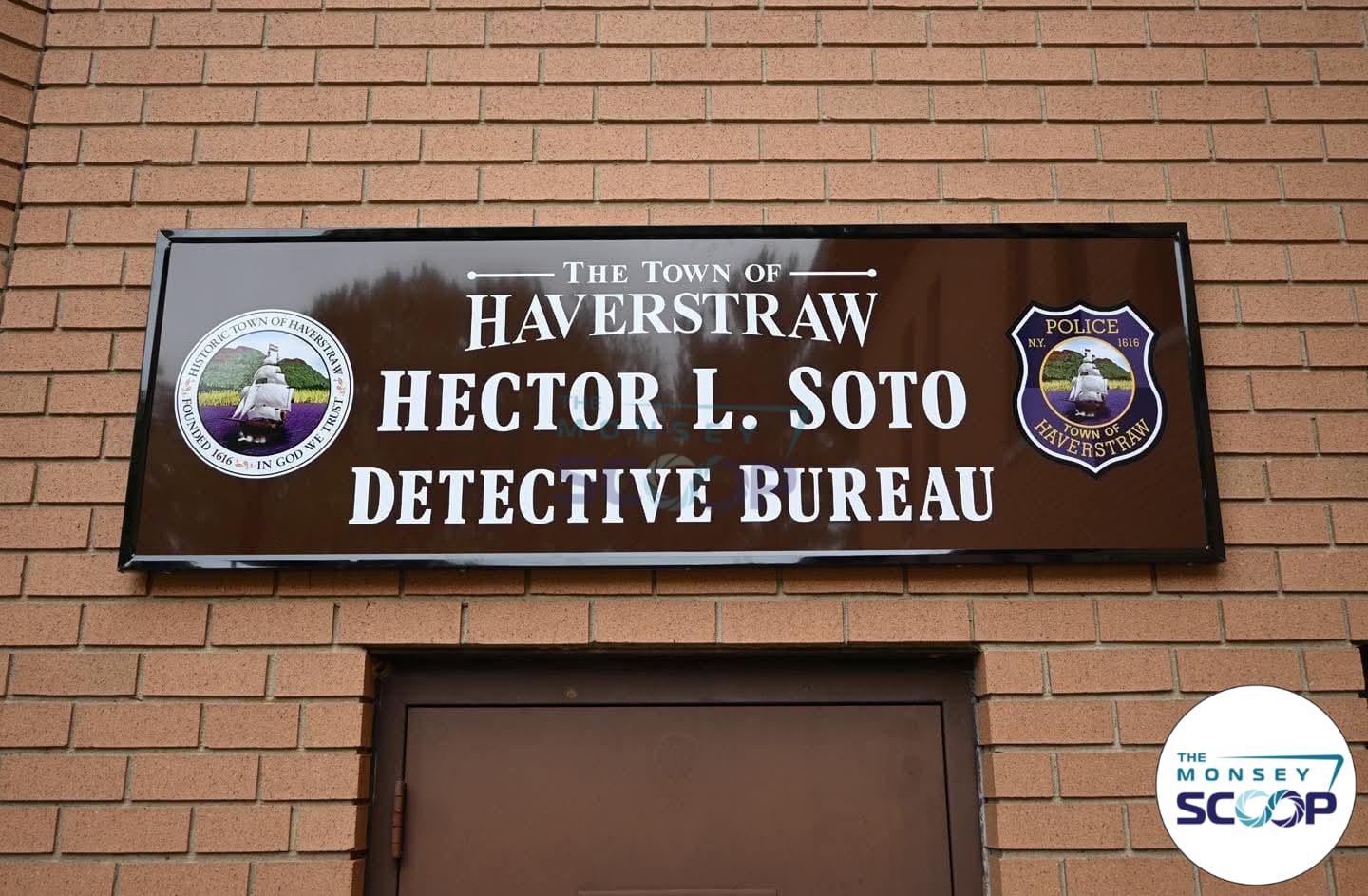
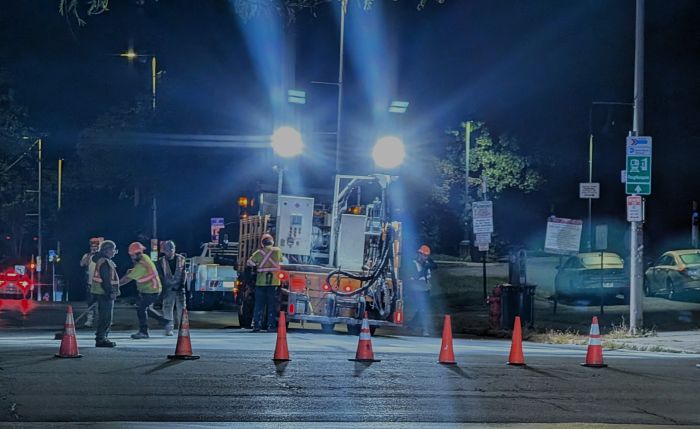


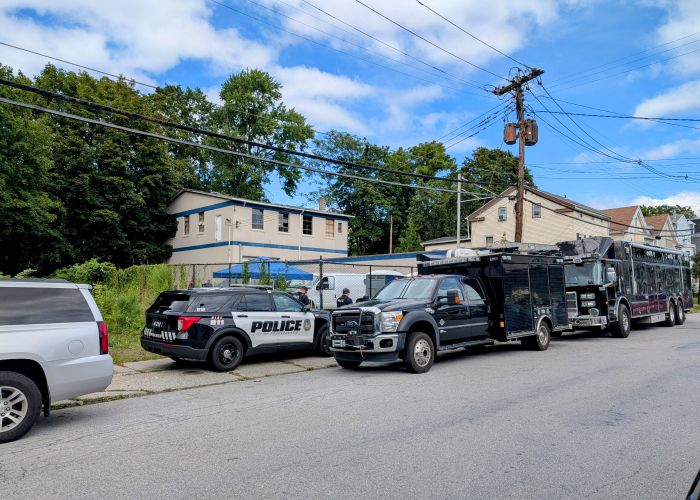

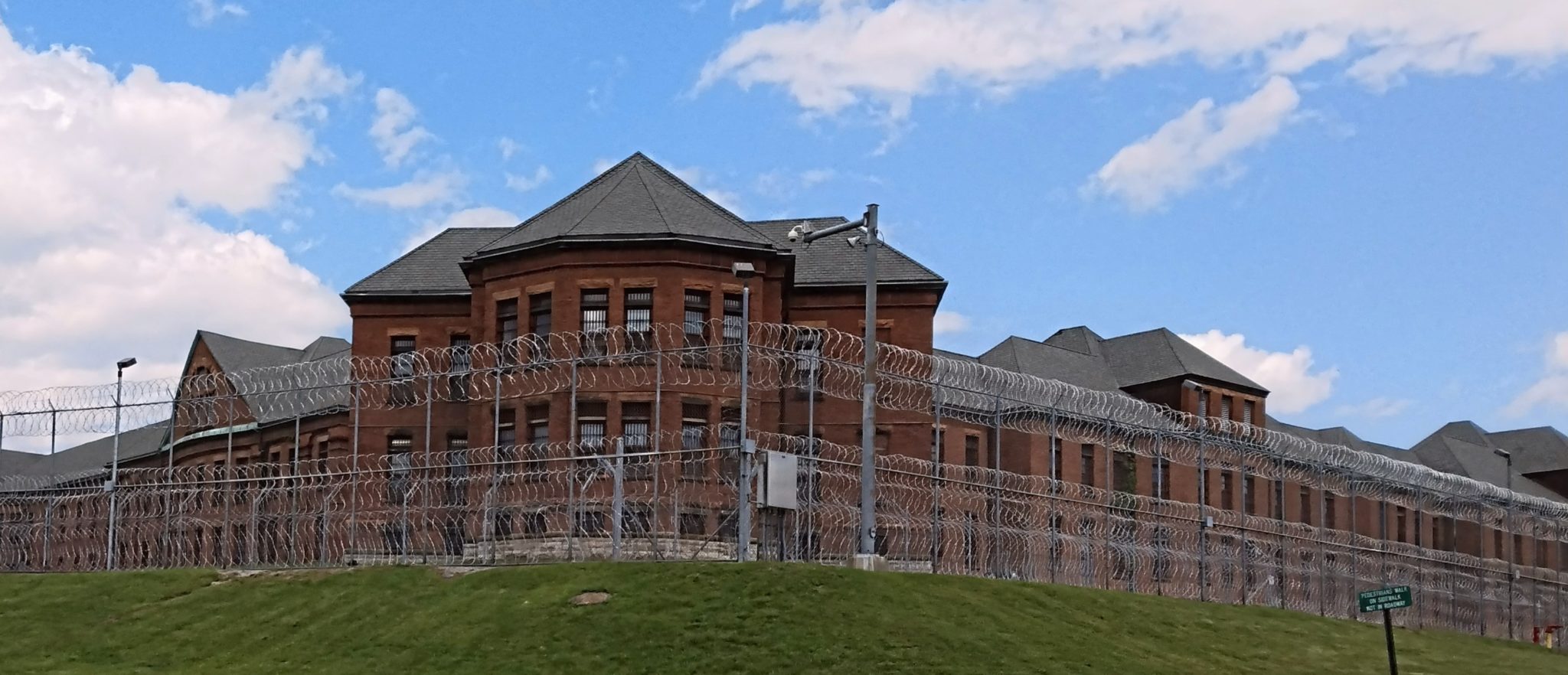
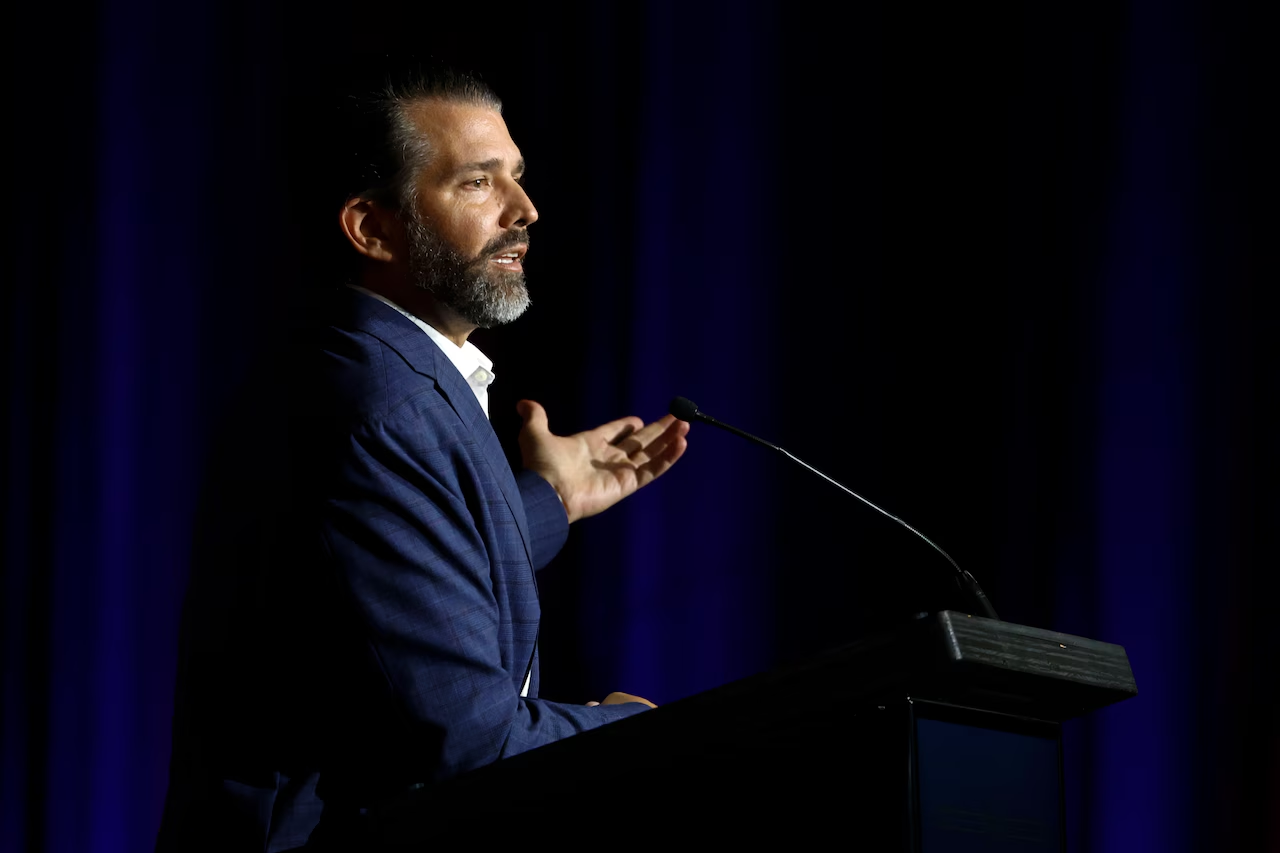


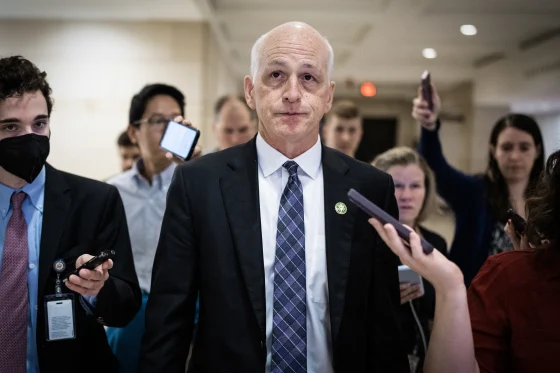
Leave a Reply